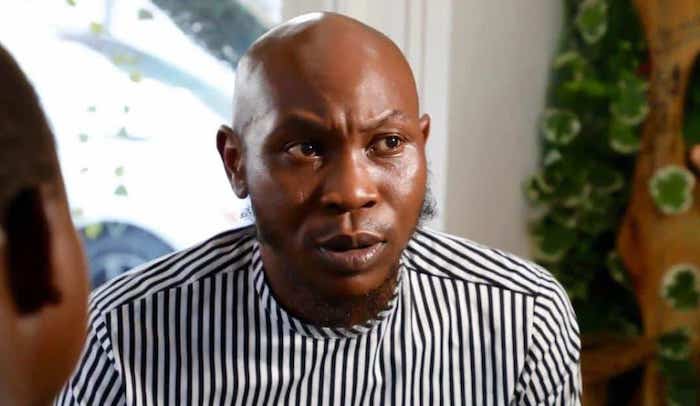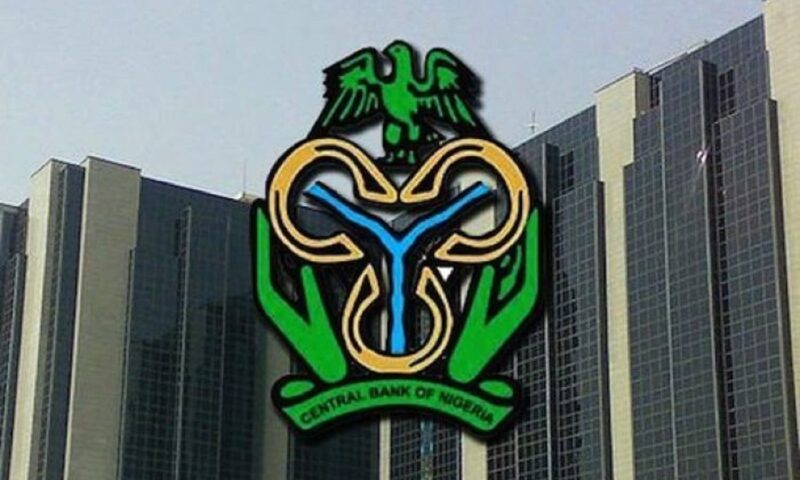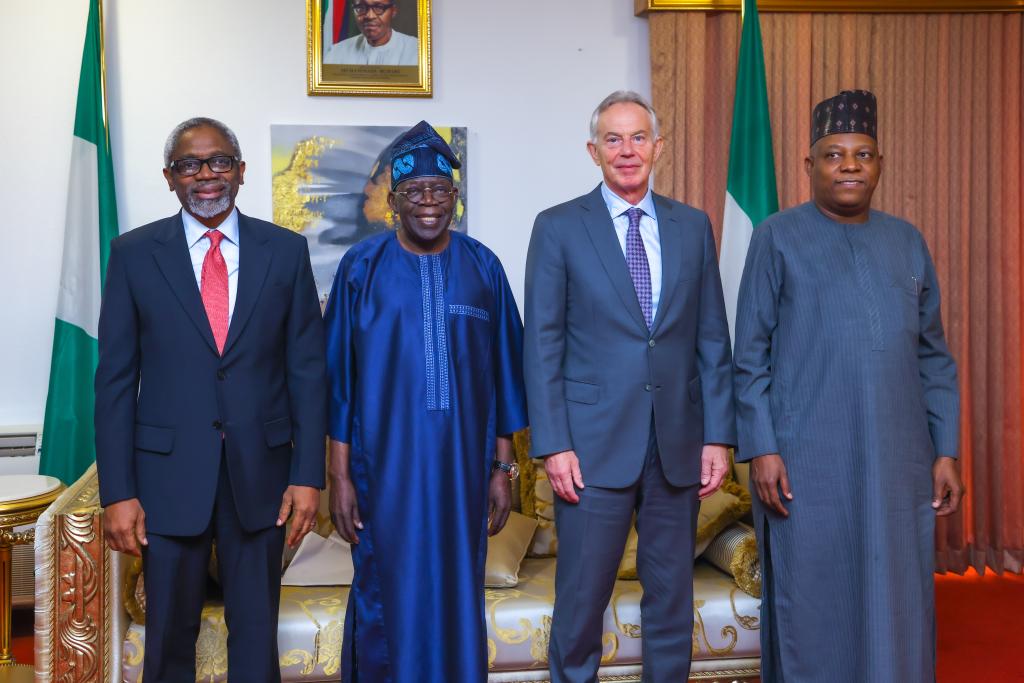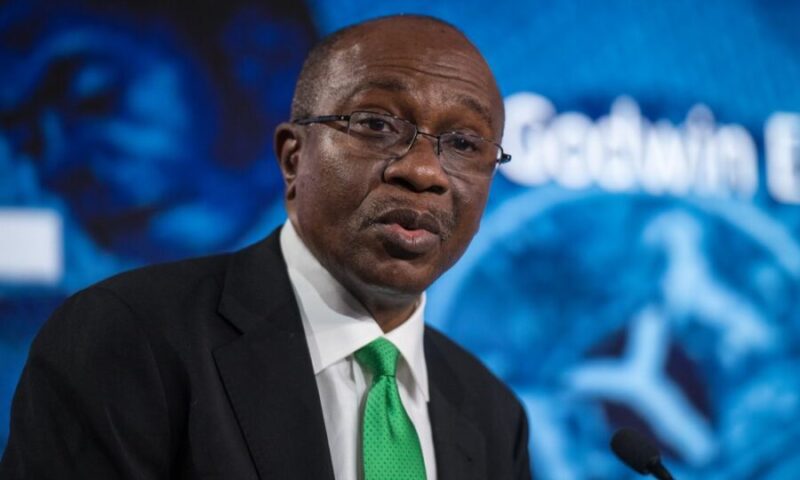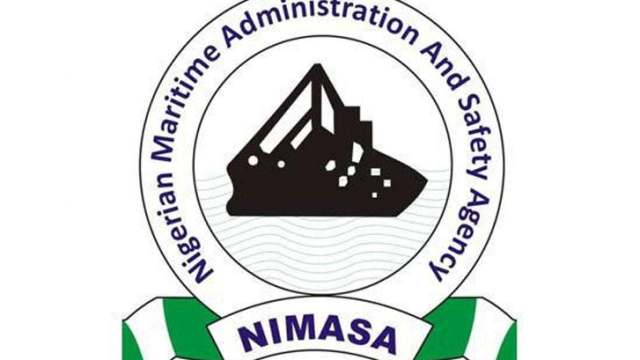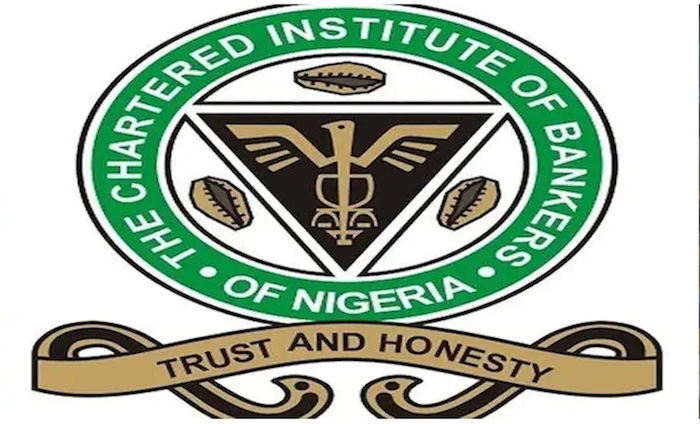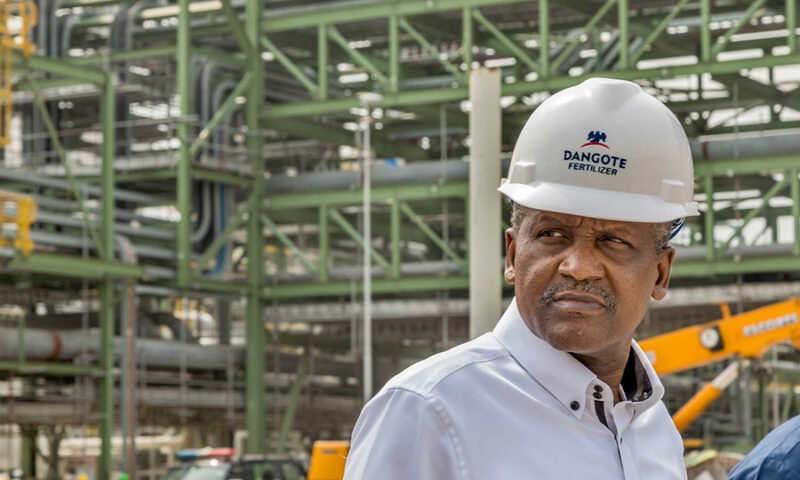By Ebun-Olu Adegboruwa, SAN
The unexpected happened last week, even from those who are expected to know. Without mincing words, Nigerians rose up in condemnation of the action of Afrobeat star, Seun Kuti, for assaulting a police officer in uniform, although the nature of his duty has not been ascertained till date.
It has now transpired that the police officer was an official driver with the Nigeria Police Force, he was reportedly drunk and driving dangerously on the expressway in such a manner that constituted danger to Seun and other motorists, leading to the incident that led to Seun’s incarceration.
As stated by my humble self and other Nigerians, nothing could justify the reaction of Seun in the circumstance of what we watched in the video. But all these have now become a thing of the past. As expected of any responsible citizen, Seun surrendered himself to the police, in the company of his counsel, a Senior Advocate of Nigeria.
We watched with shock how the police bungled that encounter, by filming Seun in handcuffs and parading him on social media, for a simple offence that was bailable. He was promptly transferred to the State Criminal Investigation Department and denied bail. He has now been charged to court.
There are several lessons for Nigerians from this avoidable episode. The verbal and physical attack on the policeman by Seun is typical of what some policemen go through in the hands of VIPs. The manner in which the police authorities have turned the case into personal vendetta is typical of what most Nigerians go through in the hands of the police.
For very simple and bailable offences, the police magnify them beyond comprehension, purely for the purpose of extortion. Bail is denied and the facts are twisted in such a manner as to prolong the misery and agony of the defendant, all meant to secure a remand order or detention by all means necessary.
The usual refrain from the police to the court would be that the investigation was still ongoing or that the defendant constitutes a flight risk. In this case, it was reported that the police claimed that the officer who was assaulted and who we saw live in the video, was in a coma in an undisclosed hospital.
This would then compel the court to grant bail under very stringent conditions by demanding for a level 17 officer with land and property within jurisdiction, to be confirmed from the Land Registry and the addresses of the sureties to be verified by the prosecution.
With these conditions, the defendant would certainly remain in custody for well over two weeks at the minimum. This is the sordid situation of the administration of justice in Nigeria. In extreme cases, such a defendant may remain in custody for years, without trial.
The case file could be lost, between the police and the office of the Director of Public Prosecution, the Investigating Police Officer could be dead or transferred out of jurisdiction, or he could be on official assignment, has gone for some training or has retired. Common cases of disputes between landlord and tenant, husband and wife and even business partners, end up in this way.
What is the strategy of the police in this case? Mainly to keep Seun in custody for as long as possible. And this is the bane of the criminal justice system in Nigeria, to the extent that law enforcement agencies take prosecution as some kind of vendetta on behalf of the nominal complainant.
The energy spent in opposing bail for the defendant by the prosecuting agencies is unnecessary and in most cases it would drain them of the steam needed for the main case. Either with the EFCC, ICPC, NDLEA, Customs, Immigration and indeed the police, the emphasis is always on keeping the defendant in custody pending trial.
This is because of the stigma that society attaches to those who have been remanded in custody culturally. It is the same scenario that is playing out in Seun’s case. Law enforcement agencies should stop deploying criminal trials as instruments of oppression or punishment, so long as our law still dictates that every citizen charged with a criminal offence is presumed innocent until the contrary is proved.
After a defendant has voluntarily surrendered himself to the police in a matter that does not carry the maximum penalty, that defendant has no business sleeping in the police station. He should be admitted to bail by the police on self-recognisance. It is illogical that a person who surrenders himself to the police will at the same time escape his trial subsequently.
It was therefore an overkill, for the police to have opposed bail in court, after illegally parading Seun before the whole world in handcuffs and denying him administrative bail. And this has in turn raised several issues. Why would the police seek to remand a defendant in prison custody for twenty-one days after a charge has been disclosed? Is there some merit in the case of the defendant?
Seun is not a mad man and he would not just block a policeman on the expressway without some reasonable cause. In this case, Seun has alleged that the policeman was drunk and was driving in such a reckless manner as to constitute a threat to him and his family. Even though we have all stated that such allegation will not be a justification for Seun’s action against the policeman, deploying that for the purpose of securing his permanent incarceration is uncharitable on the part of the police, to the extent that a Senior Advocate of Nigeria was flown into Lagos from Abuja for this purpose.
Personally, I had thought that the involvement of the Learned Senior Counsel for the police would bring some sanity into the prosecution, such as for instance bringing the parties together to explore the possibility of settlement.
As it has now turned out, the police should not have been involved in the prosecution of this case at all, given that the charge revolves around a police officer. The element of bias has so much played out against the police that the most reasonable thing to do for now is to take away the case from the police. No prosecuting agency should be allowed to turn prosecution into persecution as is being done in this case. The report is out in the media that the police visited Seun’s house to conduct a search and proceeded to traumatize his wife, his lawful tenant and even his neighbours.
That was totally unnecessary, in the circumstances of this case. It was also reported that an attempt was made by the police to obtain the blood samples of Seun for some other laboratory tests totally unconnected with the charge in court. What this has shown is that it is possible for the police to manufacture evidence just to nail Seun, given the desperation that has been exhibited so far, meaning that the police cannot be trusted to handle this case with the required objectivity.
It is against our laws for a man to be a judge in his own cause. In this case, the police being the complainant and the investigator, they should not be allowed to handle the prosecution as that will be unfair to Seun. The slapping alone cannot be the reason for the excessive actions of the police against Seun, unless there are other undercurrents not known to the general public.
I urge my Learned Brother Silk, Mr. Simon Lough, to use his good offices to bring the parties in this case to a roundtable. Nigerians rose in unison to condemn Seun’s unjustified attack on the policeman and the law has been deployed to arrest the situation. I do not think that there is anything else to be gained in the perpetual remand of the defendant in this case.
Having been made to come to terms with the gravity of his misconduct, Seun should be allowed to offer an apology to the policeman, the police authorities and indeed the people of Nigeria and if there be any reason for such, to offer modest compensation to the officer.
If this cannot be achieved in the immediate time, then the Honourable Attorney-General of Lagos State, Mr. Moyosore Onigbanjo, SAN, should exercise his powers under the Constitution and the Administration of Criminal Justice Law of Lagos State, to take over the prosecution of this case from the police, to avoid a miscarriage of justice.
The present plight of Seun is the lot of suspects who find themselves in police stations all over Nigeria. I am in the midst of it to know. Law enforcement agencies should not create the impression of hostility such as would make citizens dread visiting police stations. We should not use the instruments of authority to terrorize or traumatize our people, or else it will get to the point whereby casual invitations to the police will become difficult to honour.
Furthermore, we must address judicial interventions in the system of administration of justice. Unfortunately, the courts are too mechanical in dealing with cases such that once a defendant appears in court, you can be sure he is going to be remanded. It should not be the case that a defendant who voluntarily surrenders himself to the police should still end up in custody.
Something is wrong with such a system that does not recognize the cooperation that the defendant has extended to the State. Where such a defendant is unable to perfect the conditions of his bail immediately, he should be handed over to his solicitors pending compliance. It is not in doubt that the police have squandered the goodwill and sympathy of Nigerians in the manner in which they have handled this case.


